AI and Trust: The Thin Line Between Human and Machine in Conversations

As artificial intelligence (AI) grows more sophisticated, it's affecting how we trust those we interact with. A recent study by the University of Gothenburg explores this shift, looking at how highly evolved AI systems can influence our trust in our conversational partners.
Consider a scenario where a fraudster, thinking he's calling an elderly gentleman, is unknowingly speaking to a computer system using pre-recorded speech. The fraudster painstakingly attempts to deceive, listening to the "gentleman's" convoluted and repetitive stories. It takes him a while to realize he's actually speaking to a machine, not a human. This encounter showcases just how convincingly real AI systems can be.
In their article, "Suspicious Minds: The Problem of Trust and Conversational Agents," Professors Oskar Lindwall and Jonas Ivarsson delve into how we perceive and react when we suspect we might be communicating with an AI agent. They underscore the possible adverse outcomes of such doubt, including strain on relationships.
The authors argue that uncertainty surrounding the authenticity of a conversational partner could lead to unnecessary suspicion. The study found that even in human-to-human interactions, certain behaviors were misconstrued as signs of the other person being a robot.
As AI continues to mimic human traits more closely, the line between man and machine blurs, raising questions about whom we're actually communicating with. Should AI possess such human-like voices? These voices foster a sense of closeness and allow us to make assumptions based on voice alone.
In the case of the fraudster and the "elderly man," the scam was only revealed after a significant amount of time. This delay was largely due to the AI's convincing human voice and the assumption that any confusion was due to the man's age.
Lindwall and Ivarsson suggest a shift in AI design, advocating for eloquent yet unmistakably synthetic voices to improve transparency.
Communication isn't just about sharing information; it's also about building relationships and creating shared meaning. The uncertainty of not knowing whether you're interacting with a human or a machine can disrupt this dynamic. While this might not matter in some scenarios, in others, like certain therapeutic settings, it could have detrimental effects.
The researchers based their analysis on data from YouTube, studying different types of conversations and audience reactions. These included an AI robot booking a hair appointment, a human booking a similar appointment, and telemarketers unknowingly speaking to a computer system. These interactions offer an intriguing look into the evolving landscape of human-machine conversations.

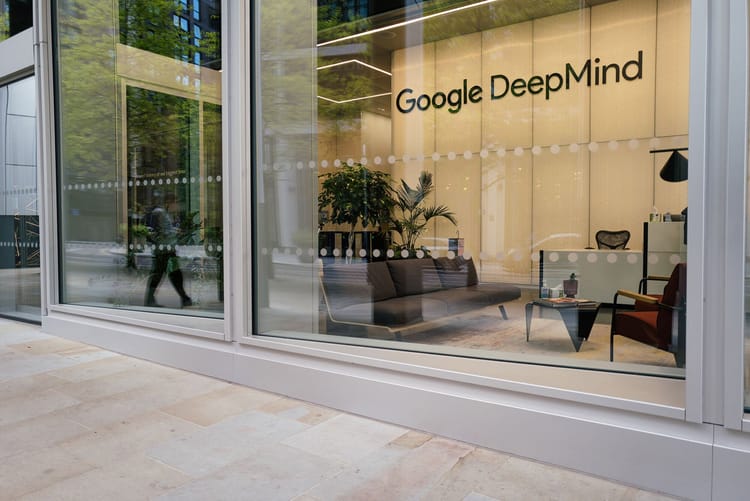
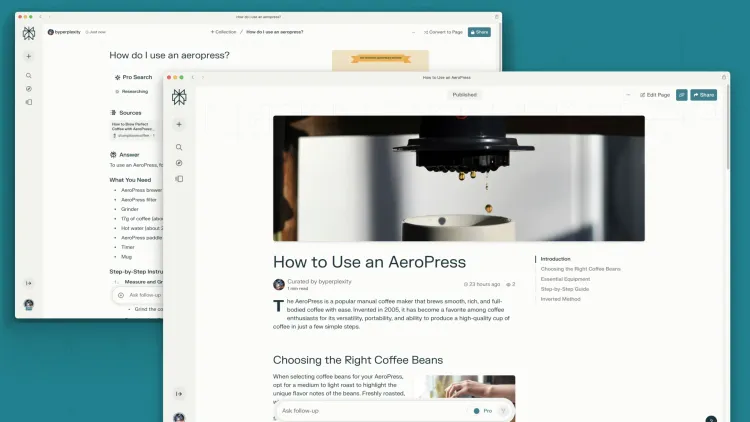
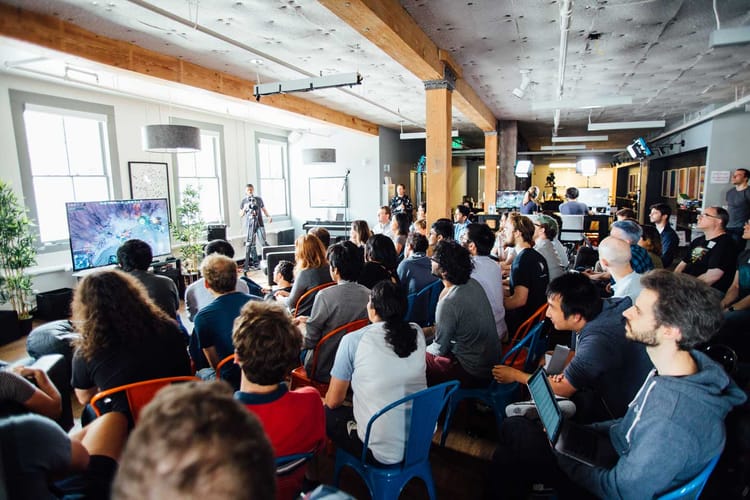
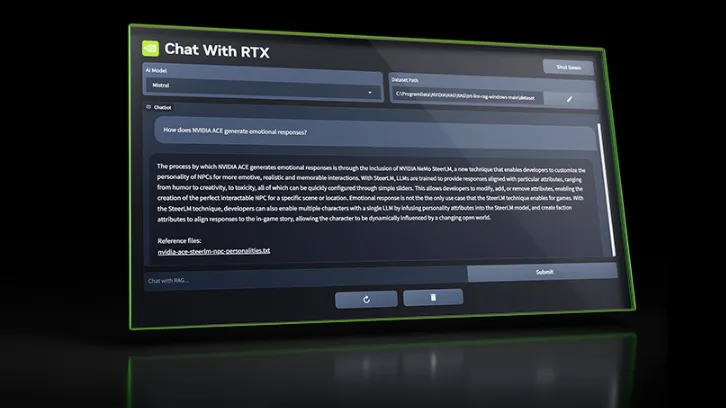
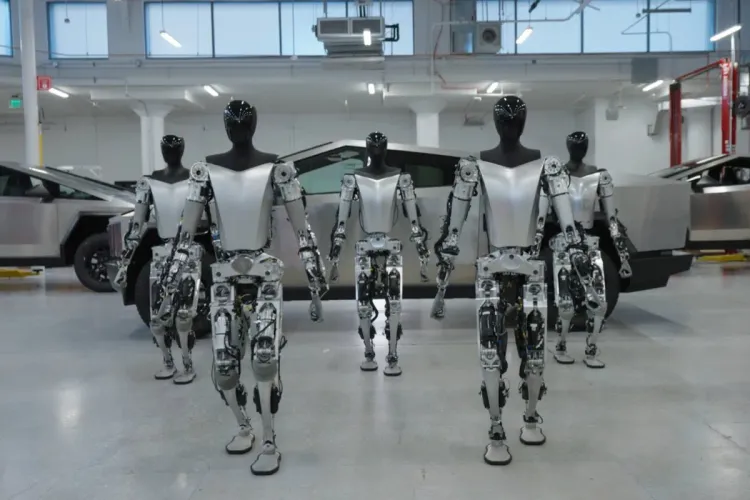
Member discussion